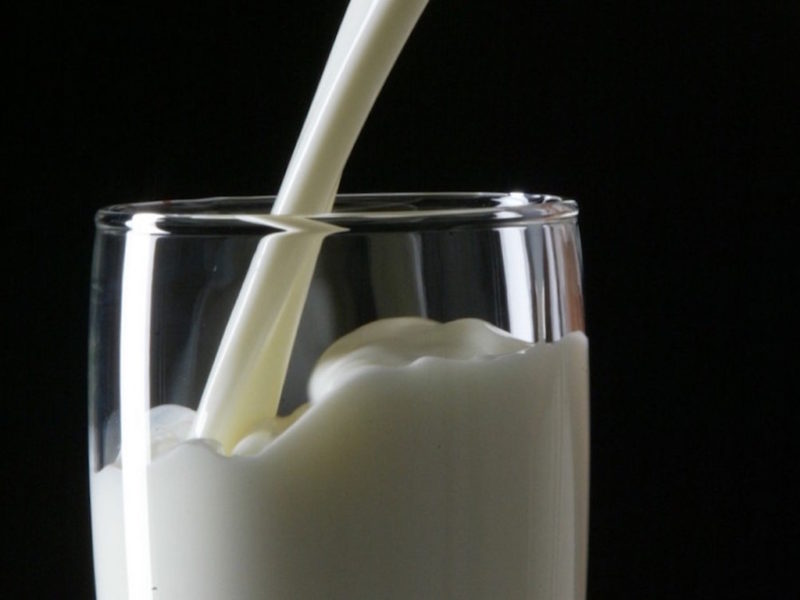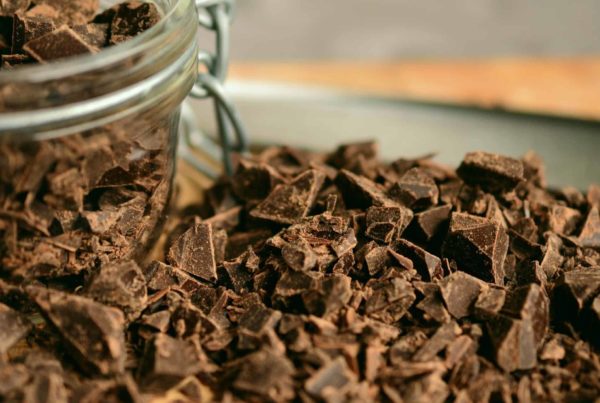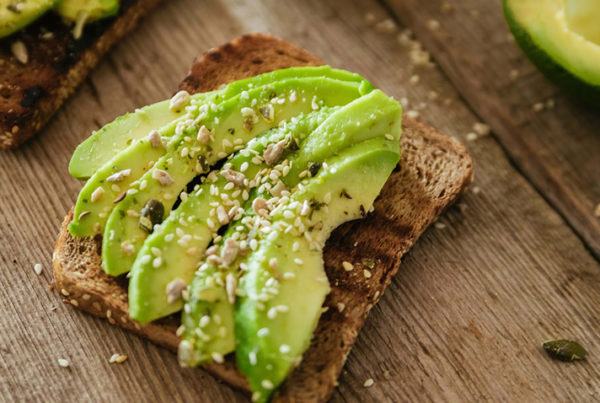Once upon a time, food shopping was simple. Go to the supermarket today and you’ll discover so many gluten-free, vegetarian, and vegan alternatives lining the shelves, it can be difficult knowing which to choose. Not only are there now several animal and plant milk types to choose from, there are plenty of conflicting opinions in the nutritional world about which milk is the best for you.
Whether you’re looking to switch from animal to plant milk to support a new vegan diet, to try and lose weight, or because you prefer the flavour, read on to discover the nutritional benefits of the most popular milk types.
WHAT ARE THE MOST COMMON MILK TYPES?
The types of milk which are most easily available include:
- Cow’s milk
- Soy milk
- Oat milk
- Almond milk
- Hemp milk
- Rice milk
- Coconut milk
WHAT VITAMINS ARE IN MILK?
Below is a breakdown of the nutrients found in different types of milk, as well as the cost per litre.
| Milk Type | Protein (g) | Fat (g) | Sugars (g) | Calcium (mg) |
| Whole | 3.5 | 3.7 | 4.6 | 124 |
| Semi-skimmed | 3.6 | 1.8 | 4.7 | 124 |
| Skimmed | 3.6 | 0.3 | 4.8 | 130 |
| Soya (sweetened/fortified) | 3.2 | 2.5 | 2.2 | 134 |
| Soya (unsweetened/fortified) | 2.4 | 1.6 | 0.2 | 119 |
| Oat (unsweetened) | 1 | 0.7 | 3.8 | 4.5 |
| Oat (unsweetened/fortified) | 1 | 1.5 | 3.8 | 119 |
| Almond (fortified/sweetened) | 0.5 | 0.1 | 3.1 | 124 |
| Almond (fortified/unsweetened) | 0.4 | 1.1 | 0.1 | 119 |
| Almond (unfortified/unsweetened) | 0.9 | 2.1 | 0.5 | 18.6 |
Source: milk.co.uk
UNDERSTANDING DIFFERENT TYPES OF MILK
It’s one thing knowing which types of animal and plant milk are available, but understanding which milk is best for your health is another thing altogether. Here, we analyse the most common types of milk available and discuss their pros and cons to help you find which is the best choice for you.
COW’S MILK
The most common type of milk is cow’s milk, which is naturally calcium and protein-rich.
On average, 100ml cow’s milk (semi-skimmed) contains:
- Calories – 47
- Fat – 1.8g
- Protein – 3.6g
- Sugars – 4.7
The pros of cow’s milk
Cow’s milk is an excellent source of calcium, so can be used to help promote strong bones and teeth. The proteins in cow’s milk are also rich in amino acids, which in turn can be used to preserve lean muscle mass and benefit metabolic health during weight loss. Also, at just 44p per litre, it is by far the cheapest option available.
The cons of cow’s milk
As well as all this good stuff, cow’s milk contains high-sugar lactose, which a lot of people are intolerant to. If you want to avoid consuming animal products, a plant-based milk alternative to cow’s milk is a great place to start.
Non-organic cow’s milk can also contain traces of antibiotics and anything else that the cow has consumed, so if you’re worried about the purity of your cow’s milk it’s best to stick to organic.
Cow’s milk is also higher in calories and fat than plant-based alternatives, so if you’re trying to reduce your consumption you might like to switch to a different type of milk.
SOY MILK
Soy milk is a plant-based drink made from soy beans or soy protein isolate.
On average, 100ml soya milk (unsweetened/fortified) contains:
- Calories – 39
- Fat – 1.6g
- Protein – 2.4g
- Sugars – 0.2g
The pros of soya milk
Soy milk is perhaps the most popular choice among vegetarians, vegans, and the lactose intolerant because of its similarity to semi-skimmed cow’s milk. Rich in calcium, protein, and healthy fats, soy milk is a great animal-free way to get calcium into your diet.
The cons of soya milk
Soy beans contain phytic acid, which can affect your body’s ability to absorb essential minerals like calcium, magnesium, iron, and zinc.
What is the difference between soy and soya milk?
There is no difference – soy and soya milk both refer to the same thing, though people use both phrases.
OAT MILK
Oat milk is made from oats and water, and has a naturally sweet and mild flavour which works well in tea and coffee.
On average, 100ml of oat milk (unsweetened) contains:
- Calories – 42
- Fat – 0.7g
- Protein – 1g
- Sugars – 3.8g
The pros of oat milk
As well as being smooth and pleasant to drink, oat milk is free of allergens including gluten, lactose, and nuts, and when it’s fortified contains vitamin D, iron, calcium, potassium, and fibre.
The cons of oat milk
Oat milk contains less protein than cow’s milk and other plant-based alternatives – if you’re lacking protein in your diet, you might want to stick to a milk with a little more to offer.
ALMOND MILK
Almond milk can be made from ground whole almonds and water, or almond butter and water, and has a sweet, nutty flavour.
On average, 100ml of almond milk (fortified/unsweetened) contains:
- Calories – 22
- Fat – 1.1g
- Protein – 0.4g
- Sugars – 0.1g
The pros of almond milk
Naturally low in calories and high in vitamin E, potassium, iron, and fibre, and with the highest calcium levels of all the nut-based milks, almond milk is a great nutritional alternative to your usual milk.
The cons of almond milk
Almond milk is low in protein compared to some other milks.
HEMP MILK
On average, 100ml of hemp milk contains:
- Calories – 21
- Fat – 2.6g
- Protein – 0.1g
- Sugars – 1.6g
Made from water and cannabis seeds, this nutty, creamy milk is a good alternative to animal and nut-based milks. Although hemp milk is made from the same plant that’s used as a drug, the psychoactive compound isn’t present, so the milk doesn’t share the effects of marijuana.
The pros of hemp milk
Hemp is rich in amino acids, making it a good source of animal-free protein, and contains plenty of omega-3. This milk also doesn’t contain oligosaccharides, which are present in soy milk and can cause stomach pains for some people.
The cons of hemp milk
Hemp milk doesn’t contain as much calcium as some other options, and can also be slightly more expensive.
When you’re deciding on the type of milk that’s best for you, take flavour, nutrition, and lactose contents into consideration. It’s also worth thinking about your diet as a whole – are you getting enough calcium, protein, and vitamins from elsewhere? If so, you can choose the type of milk you drink based entirely on what you prefer. If not, you might want to supplement part of your diet by choosing a nutritionally valuable milk.
If you’re looking to improve your nutrition and overall fitness




